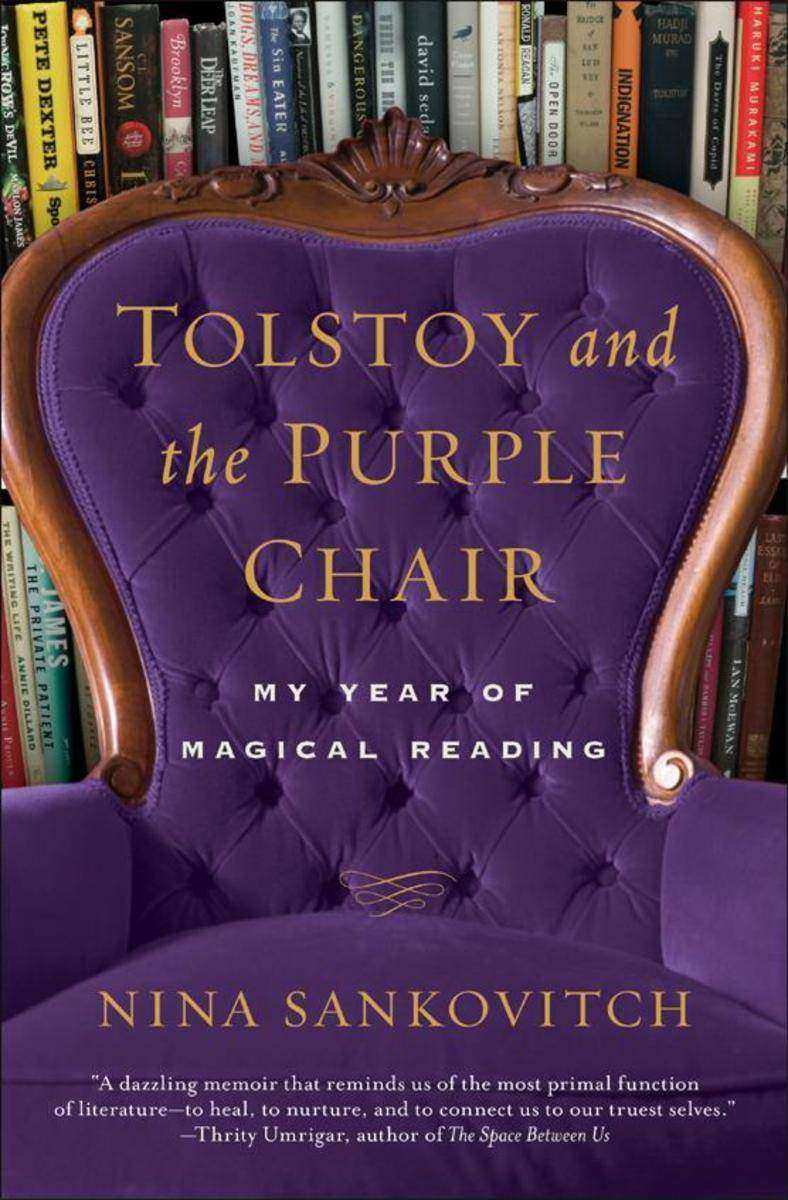
Tolstoy and the Purple Chair
¥90.77
Caught up in grief after the death of her sister, Nina Sankovitch decided to stop running and start reading. For once in her life she would put all other obligations on hold and devote herself to reading a book a day: one year of magical reading in which she found joy, healing, and wisdom.With grace and deep insight, Sankovitch weaves together poignant family memories with the unforgettable lives of the characters she reads about. She finds a lesson in each book, ultimately realizing the ability of a good story to console, inspire, and open our lives to new places and experiences. A moving story of recovery, Tolstoy and the Purple Chair is also a resonant reminder of the all-encompassing power and delight of reading.
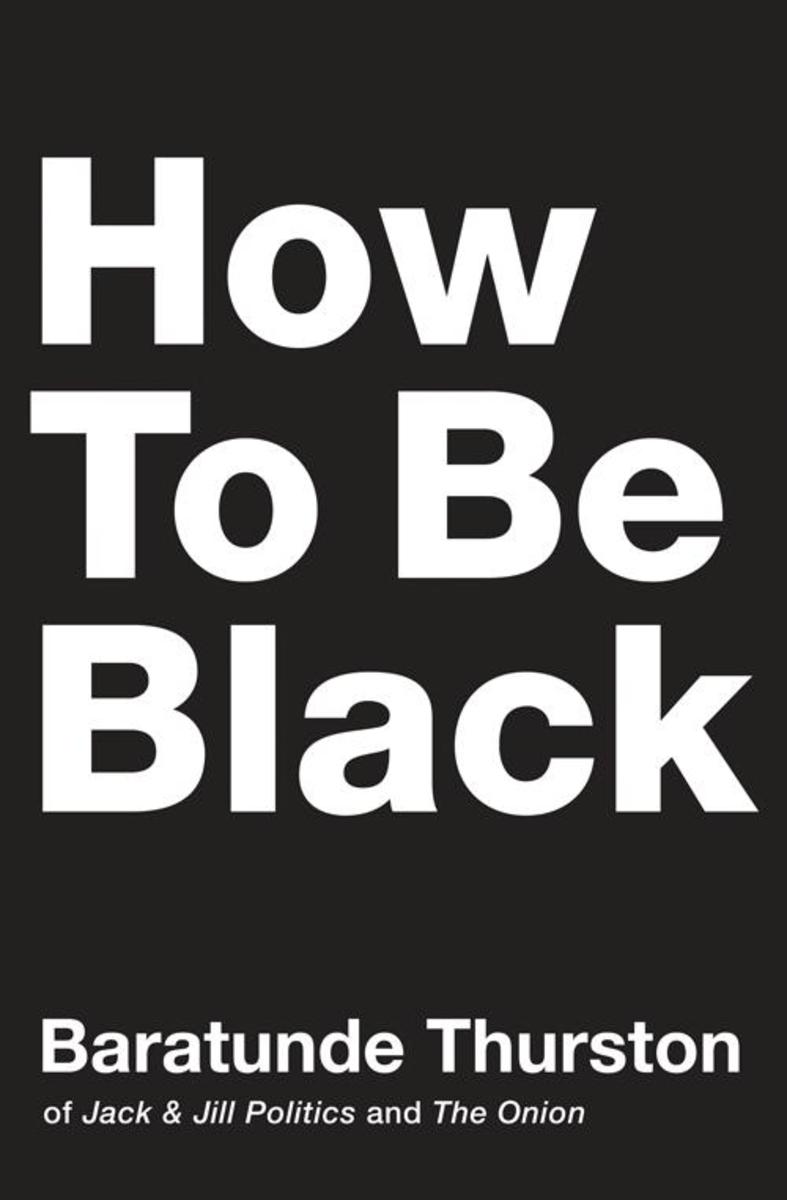
How to Be Black
¥83.03
If You Don't Buy This Book, You're a Racist.Have you ever been called "too black" or "not black enough"Have you ever befriended or worked with a black personIf you answered yes to any of these questions, this book is for you.Raised by a pro-black, Pan-Afrikan single mother during the crack years of 1980s Washington, DC, and educated at Sidwell Friends School and Harvard University, Baratunde Thurston has over thirty years' experience being black. Now, through stories of his politically inspired Nigerian name, the heroics of his hippie mother, the murder of his drug-abusing father, and other revelatory black details, he shares with readers of all colors his wisdom and expertise in how to be black.Beyond memoir, this guidebook offers practical advice on everything from "How to Be The Black Friend" to "How to Be The (Next) Black President" to "How to Celebrate Black History Month."To provide additional perspective, Baratunde assembled an award-winning Black Panel three black women, three black men, and one white man (Christian Lander of Stuff White People Like) and asked them such revealing questions as:"When Did You First Realize You Were Black?""How Black Are You?""Can You Swim?"The result is a humorous, intelligent, and audacious guide that challenges and satirizes the so-called experts, purists, and racists who purport to speak for all black people. With honest storytelling and biting wit, Baratunde plots a path not just to blackness, but one open to anyone interested in simply "how to be."

Geek Girls Unite
¥84.16
What do Amy Poehler, Bjork, Felicia Day, Martha Stewart, Miranda July, and Zooey Deschanel have in commonThey're just a few of the amazing women proving that geek is no longer a four-letter word.In recent years, male geeks have taken the world by storm. But what about their female counterpartsAfter all, fangirls are just like fanboys they put on their Imperial Stormtrooper Lycra pants one leg at a time. Geek Girls Unite is a call to arms for every girl who has ever obsessed over music, comics, film, comedy, books, crafts, fashion, or anything else under the Death Star. Music geek girl Leslie Simon offers an overview of the geek elite by covering groundbreaking women, hall-of-famers, ultimate love matches, and potential frenemies, along with her top picks for playlists, books, movies, and websites. This smart and hilarious tour through girl geekdom is a must-have for any woman who has ever wondered where her sassy rebel sisters have been hiding.
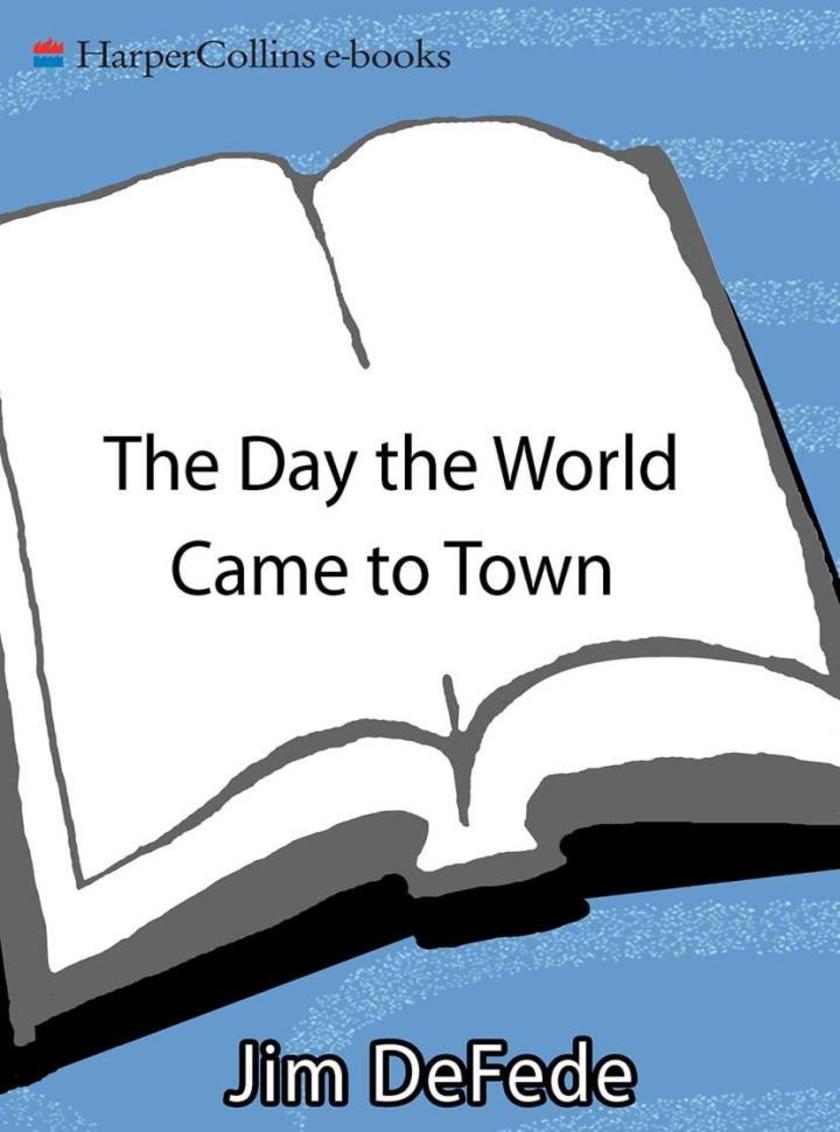
The Day the World Came to Town
¥95.11
"For the better part of a week, nearly every man, woman, and child in Gander and the surrounding smaller towns stopped what they were doing so they could help. They placed their lives on hold for a group of strangers and asked for nothing in return. They affirmed the basic goodness of man at a time when it was easy to doubt such humanity still existed."When thirty-eight jetliners bound for the United States were forced to land in Gander, Newfoundland, on September 11, 2001, due to the closing of United States airspace, the citizens of this small community were called upon to come to the aid of more than six thousand displaced travelers.Roxanne and Clarke Loper were excited to be on their way home from a lengthy and exhausting trip to Kazakhstan, where they had adopted a daughter, when their plane suddenly changed course and they found themselves in Newfoundland. Hannah and Dennis O'Rourke, who had been on vacation in Ireland, were forced to receive updates by telephone on the search for their son Kevin, who was among the firefighters missing at the World Trade Center. George Vitale, a New York state trooper and head of the governor's security detail in New York City who was returning from a trip to Dublin, struggled to locate his sister Patty, who worked in the Twin Towers. A family of Russian immigrants, on their way to the Seattle area to begin a new life, dealt with the uncertainty of conditions in their future home.The people of Gander were asked to aid and care for these distraught travelers, as well as for thousands more, and their response was truly extraordinary. Oz Fudge, the town constable, searched all over Gander for a flight-crew member so that he could give her a hug as a favor to her sister, a fellow law enforcement officer who managed to reach him by phone. Eithne Smith, an elementary-school teacher, helped the passengers staying at her school put together letters to family members all over the world, which she then faxed. Bonnie Harris, Vi Tucker, and Linda Humby, members of a local animal protection agency, crawled into the jets' cargo holds to feed and care for all of the animals on the flights. Hundreds of people put their names on a list to take passengers into their homes and give them a chance to get cleaned up and relax.The Day the World Came to Town is a positively heartwarming account of the citizens of Gander and its surrounding communities and the unexpected guests who were welcomed with exemplary kindness.
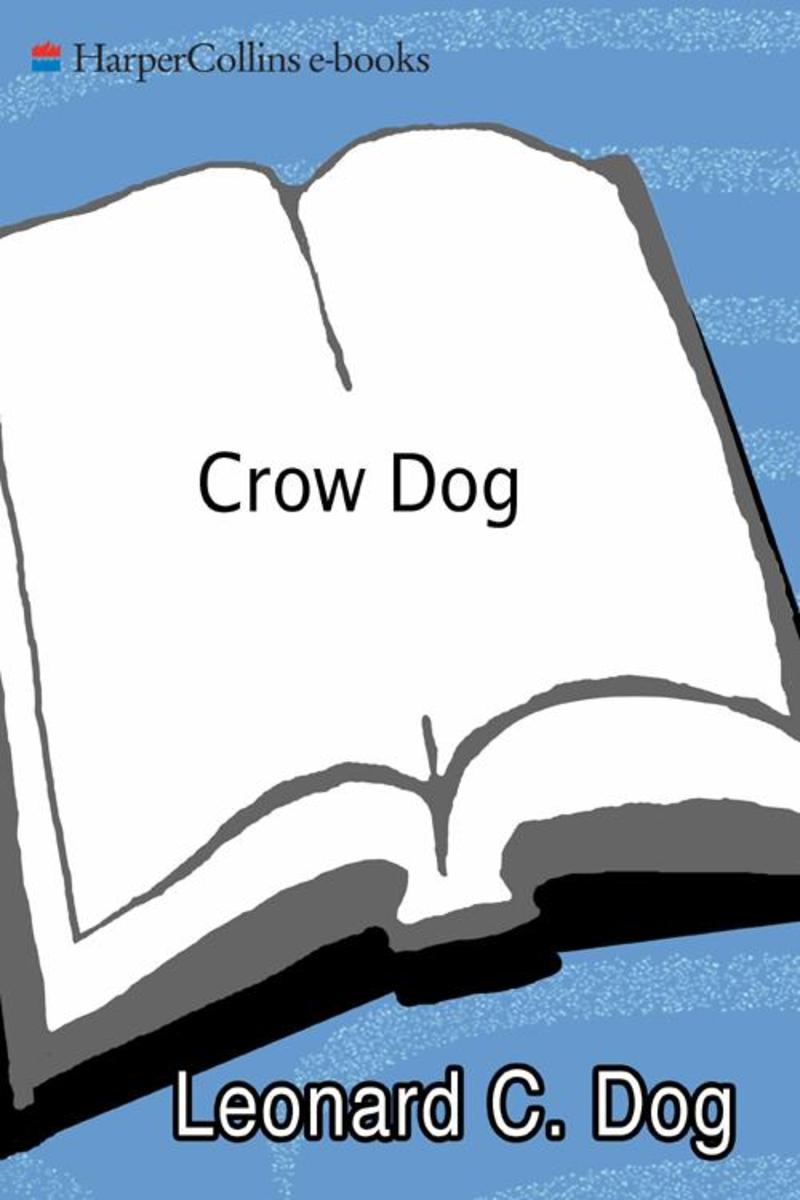
Crow Dog
¥83.03
From the co-author of Lakota Woman, which has sold more than 150,000 paperback copies, comes a compelling account detailing the unique experiences and spiritual knowledge accumulated by four generations of powerful medicine men.

The Crone
¥83.92
A probing account of the honored place of older women in ancient matriarchal societies restores to contemporary women an energizing symbol of self-value, power, and respect.

The Mother-Daughter Book Club Rev Ed.
¥84.16
Newly revised and updated! The tenth anniversary edition of the inspirational book that has brought countless mothers and daughters closer together! The Mother-Daughter Book Club is the story of a group of mothers and their daughters, and how their relationships were strengthened and changed by starting a monthly reading club. But it is also a practical step-by-step guide filled with stories, anecdotes, and reading lists that will inspire parents to start reading clubs of their own.Shireen Dodson's message is a powerful one: Reading, learning, and sharing ideas can help nourish a daughter's confidence, strength, spirit, and independence. A reading club offers a mother the opportunity to enjoy her daughter's burgeoning mind as she moves toward womanhood. The Mother-Daughter Book Club is not merely about books. It is about mothers and daughters, girls and women, and how reading and talking enriches our relationships with one another.

Ami Ami Dogs 2
¥84.16
This Amigurumi handbook is filled with new breeds of adorable miniature puppies. Photos inside reveal the secret, devilish world of your little friends, along with easy-to-follow patterns to help you create them. These sweet creatures are perfect additions to any Amigurumi collection.

The Great Mortality
¥94.87
La moria grandissima began its terrible journey across the European and Asian continents in 1347, leaving unimaginable devastation in its wake. Five years later, twenty-five million people were dead, felled by the scourge that would come to be called the Black Death. The Great Mortality is the extraordinary epic account of the worst natural disaster in European history -- a drama of courage, cowardice, misery, madness, and sacrifice that brilliantly illuminates humankind's darkest days when an old world ended and a new world was born.

Healing Your Aloneness
¥95.39
Erika Chopich and Margaret Paul show how anyone can reconnect with his or her Inner Child to short-circuit self-destructive patterns, resolve fears and conflicts, and build satisfying relationships. Healing Your Aloneness outlines a self-healing process that can be used every day to restore a nurturing balance between loving Adult and loved Inner Child.
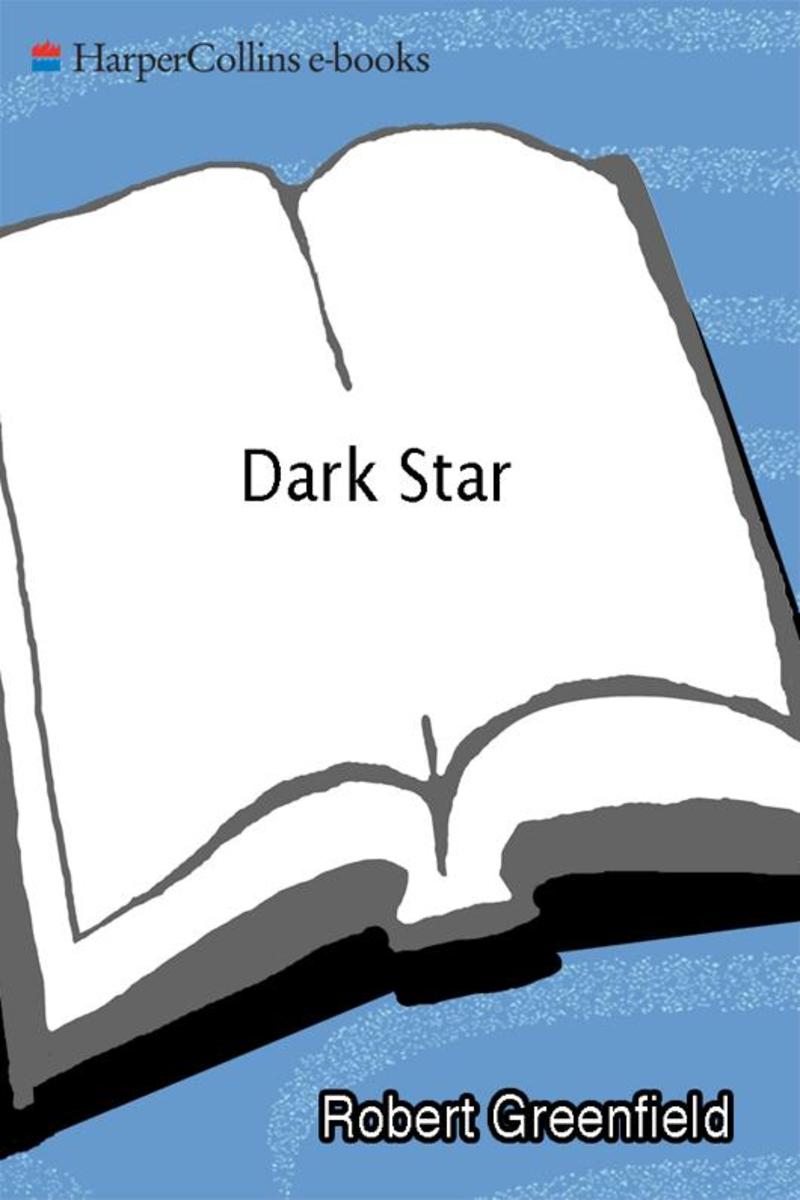
Dark Star
¥83.03
For more than thirty years, Jerry Garcia was the musical and spiritual center of the Grateful Dead, one of the most popular rock bands of all time. In Dark Star, the first biography of Garcia published after his death, Garcia is remembered by those who knew him best. Together the voices in this oral biography explore his remarkable life: his childhood in San Francisco; the formation of his musical identity; the Dead's road to rock stardom; and his final, crushing addiction to heroin. Interviews with Jerry's former wives, lovers, family members, close friends, musical partners, and cultural cohorts create a behind-the-scenes look at the making of a rock-and-roll icon and at the price of fame.

Solo
¥84.16
The Glass Castle meets A League of Their Own in Solo, a candid and moving memoir about family, loss, and reconciliation from Hope Solo, the supremely talented, headline-making goalkeeper for the U.S. women’s national soccer team. During the 2011 Women’s World Cup, Solo became an idol, role model, and sex symbol to a new generation of young American sports enthusiasts, inspiring the kind of intense devotion not seen since the days of Mia Hamm. An Olympic gold medalist and arguably America’s sexiest athlete, Hope has been featured on the cover of Sports Illustrated (twice), in ESPN: The Magazine, and as a contestant on the hit ABC television show Dancing with the Stars, and her poignant, compelling, and profoundly inspiring personal history will score big with her legion of fans.
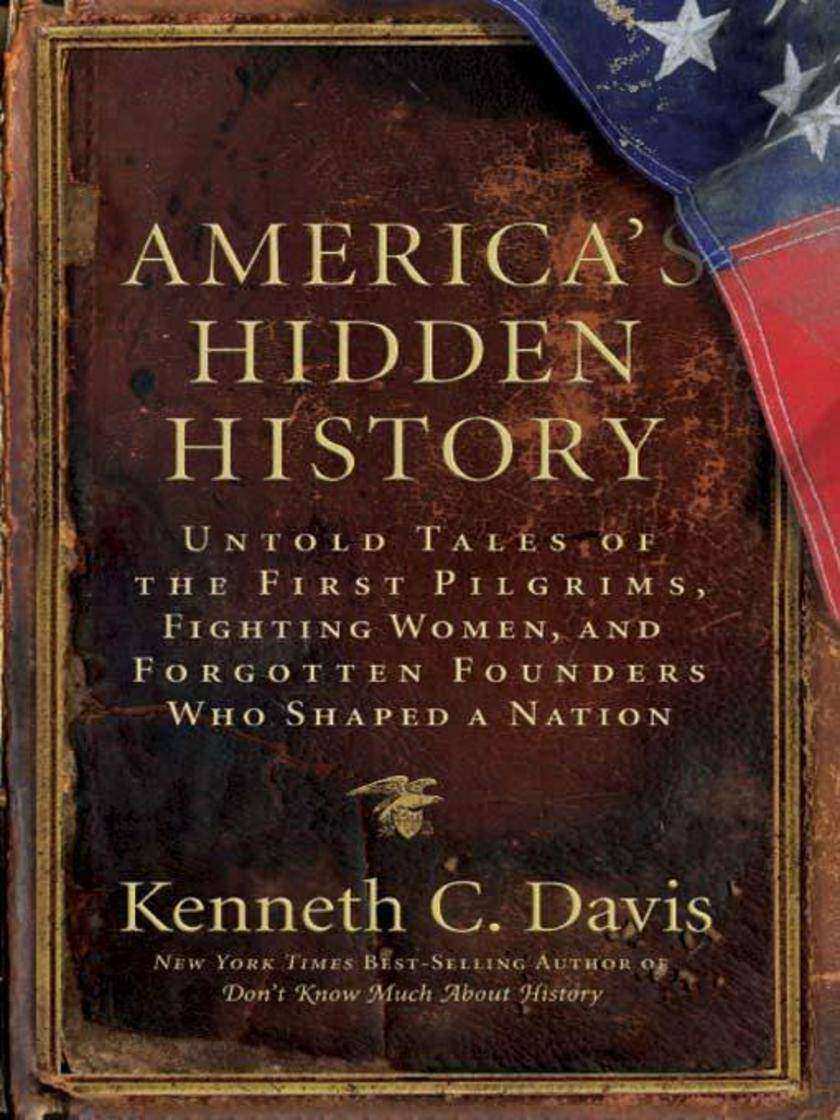
America's Hidden History
¥95.11
Kenneth C. Davis, author of the phenomenal New York Times bestseller Don't Know Much About History, presents a collection of extraordinary stories, each detailing an overlooked episode that shaped the nation's destiny and character. Davis's dramatic narratives set the record straight, busting myths and bringing to light little-known but fascinating facts from a time when the nation's fate hung in the balance.Spanning a period from the Spanish arrival in America to George Washington's inauguration in 1789, America's Hidden History details these episodes, among others: The story of the first real Pilgrims in America, who were wine-making French Huguenots, not dour English Separatists The coming-of-age story of Queen Isabella, who suggested that Columbus pack the moving mess hall of pigs that may have spread disease to many Native Americans The long, bloody relationship between the Pilgrims and Indians that runs counter to the idyllic scene of the Thanksgiving feast The little-known story of George Washington as a headstrong young soldier who committed a war crime, signed a confession, and started a war! Full of color, intrigue, and human interest, America's Hidden History is an iconoclastic look at America's past, connecting some of the dots between history and today's headlines, proving why Davis is truly America's Teacher.
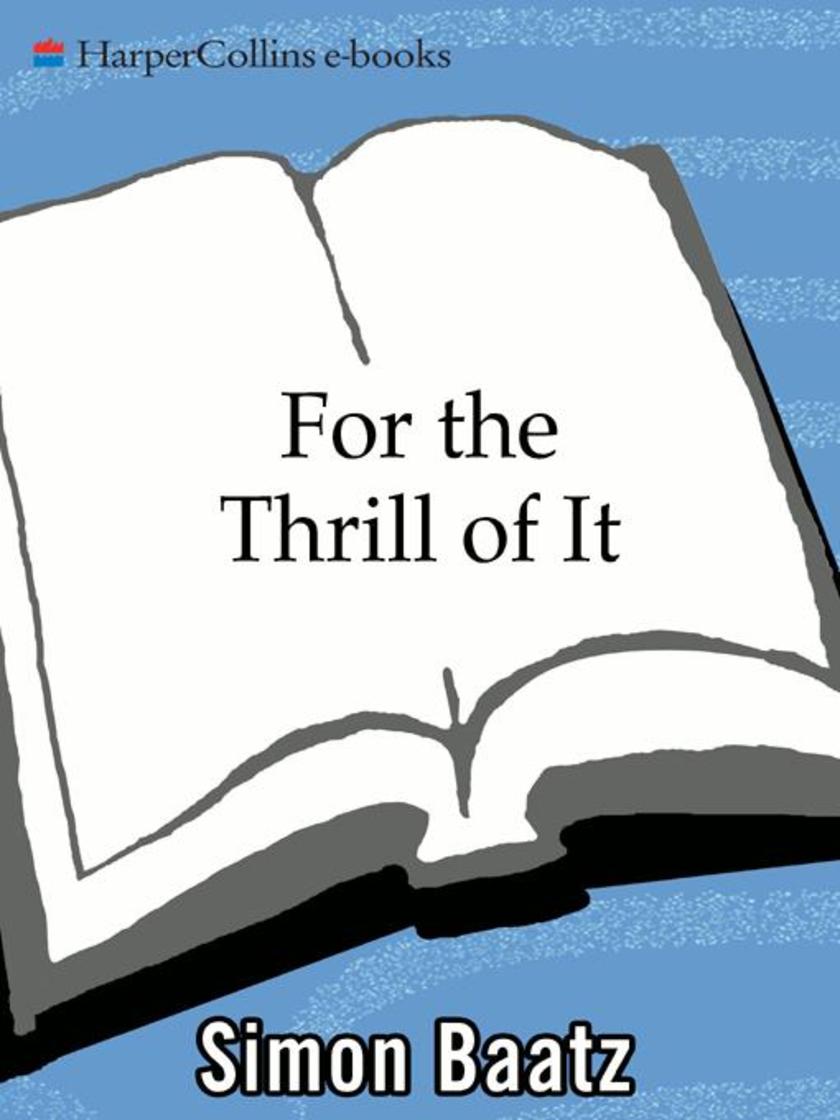
For the Thrill of It
¥94.10
It was a crime that shocked the nation: the brutal murder in Chicago in 1924 of a child by two wealthy college students who killed solely for the thrill of the experience. Nathan Leopold and Richard Loeb were intellectuals too smart, they believed, for the police to catch them. When they were apprehended, state's attorney Robert Crowe was certain that no defense could save the ruthless killers from the gallows. But the families of the confessed murderers hired Clarence Darrow, entrusting the lives of their sons to the most famous lawyer in America in what would be one of the most sensational criminal trials in the history of American justice.Set against the backdrop of the 1920s a time of prosperity, self-indulgence, and hedonistic excess in a lawless city on the brink of anarchy For the Thrill of It draws the reader into a world of speakeasies and flappers, of gangsters and gin parties, with a spellbinding narrative of Jazz Age murder and mystery.

The Bad Boy Billionaire's Wicked Arrangement
¥27.91
The first installment of a sexy series about a modern-day heroine writing historical novels based on her romantic misadventures with the Bad Boy Billionaire. Jane Sparks has accidentally announced her engagement on Facebook to the infamous Bad Boy Billionaire, Duke Austen. As soon as it's discovered that Jane and Duke barely know each other (one hot kiss at a party does not a relationship make), she'll be completely humiliated. And then Duke does something Jane never expected: He plays along with her charade. With his hard-partying playboy reputation jeopardizing a 150-million-dollar investment deal, Duke realizes an engagement with the sexy but oh-so-proper librarian could be just the thing to repair his reputation. This good girl tempts him to be very wicked but only with her. It's unprecedented. Inconceivable. Totally alluring. As the unlikely match of librarian and tech entrepreneur set out to convince the world and the internet that their love is real, something unexpected happens: They start falling for each other. But Jane is secretly writing a historical romance novel that could expose their carefully constructed romance unless two perfect strangers are content to be perfectly scandalous together.

Holding Holly
¥28.00
Julie Brannagh's delightful Love and Football series returns in time for Christmas ...Holly Reynolds has a secret. Make that two. The first involves upholding her grandmother's hobby of answering Dear Santa letters from dozens of local schoolchildren. The second ... well, he just came strolling in the door.For the last two years, Holly has not been able to stop thinking about gorgeous Seattle Shark Derrick Collins. His on-field exploits induce nightmares in quarterbacks across the NFL, but she knows he has a heart of gold.Derrick has never known a woman he wanted to bring home to meet his family, mostly because he keeps picking the wrong ones until he runs into sweet, shy Holly Reynolds. Different from anyone he's ever known, Derrick realizes she might just be everything he needs.When he discovers her holiday letter writing, he is determined to play Santa too. And as the pair team up to bring joy to one little boy very much in need, they discover the most precious Christmas gift of all: love.
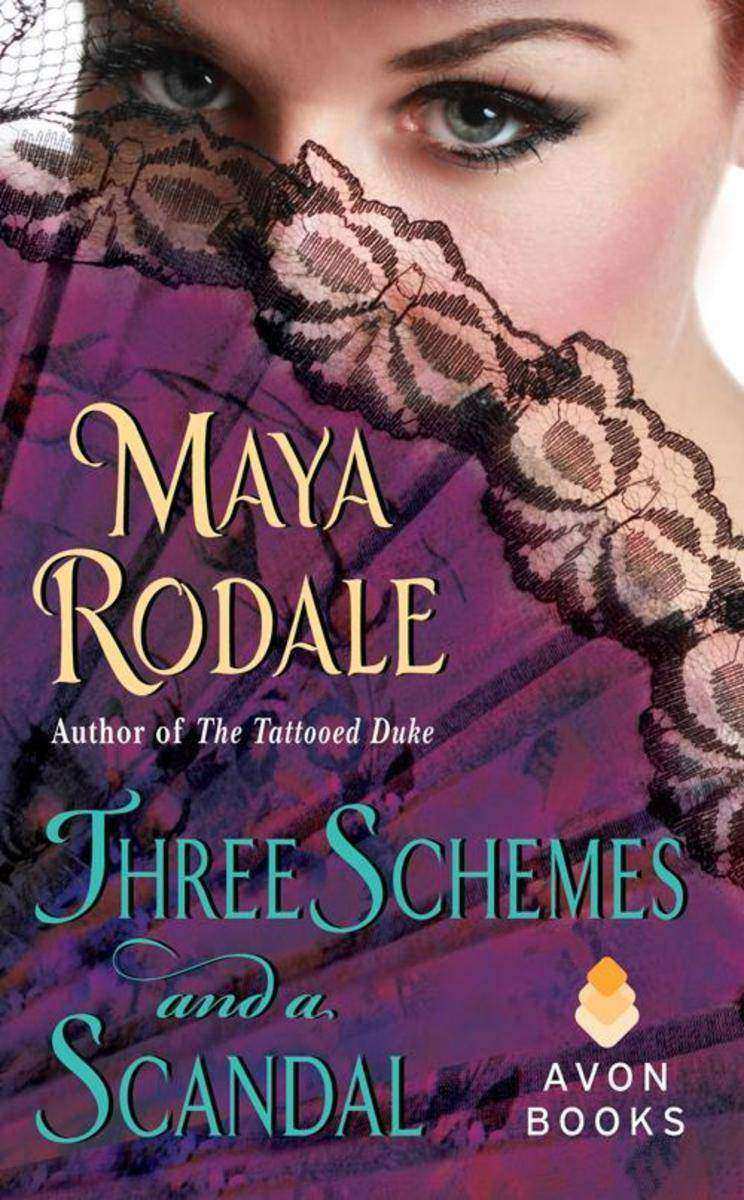
Three Schemes and a Scandal
¥34.91
Enter the Regency world of the Writing Girls series in Maya Rodale's charming tale of a scheming lady, a handsome second son, and the trouble they get into when the perfect scandal becomes an even more perfect match. Scheme: A folly, a swan, a little lie . . . a compromising positionLady Charlotte Brandon is always up to something . . . but somehow her best schemes for matchmaking often end in disaster.Scheme: A family feud, outrageously false rumors, a shattered priceless vase . . . an even more compromising positionIt's no wonder she's considered by at least one devastatingly handsome man to be devious, destructive, and dangerously appealing.Scheme: A fox, a rabbit, a childhood foe, and a dashing rogue . . . the proposal to end all proposalsIt's high time someone turned the tables on the lovely Lady Charlotte, and James Beauchamp is just the man to do it. Even if it means beating Charlotte at her devious game with a scandalous scheme of his own.

The Bush Agenda
¥88.33
In The Bush Agenda, Antonia Juhasz exposes a radical corporate globalization agenda that has been refined by leading members and allies of the Bush administration over decades and reached its fullest, most aggressive implementation under George W. Bush and Bush Agenda adherents plan for it to outlast him. Juhasz uncovers the history and key role of U.S. corporations in the creation of this agenda focusing on Bechtel, Lockheed Martin, Chevron, and Halliburton then presents the Iraq War as its most brutal application to date. Expertly revealing the oil timeline driving the war, Juhasz charts exactly how the administration has fundamentally transformed Iraq's economy, locked in sweeping advantages to its corporate allies, and expanded its target to the whole Middle East. The results of these same corporate globalization policies dislocation, extreme poverty, and increased violence and terrorism have been demonstrated in regions from South America to Africa to the Middle East and Asia, and in the United States.Extensively researched and now updated with a new afterword, The Bush Agenda is a brilliant, informative analysis, revealing the hard truths about where the Bush administration and its corporate allies are leading the modern world and what we can do about it.

Moneymaker
¥88.56
In 2004 the number of entrants -- and the winning pool -- at the World Series of Poker tripled, thanks in large part to Chris Moneymaker, an amateur player who came out of nowhere to win the 2003 Series, and prove to newcomers and poker pros alike that anything is possible with a chip and a chair.Moneymaker was a young accountant from Tennessee who loved to gamble but only took up cards after college. Three years later he was playing a $40 game of online Texas Hold 'Em and won a coveted seat at the 2003 World Series of Poker. Borrowing money to get to Las Vegas, he entered his first real-time tournament and spent the next four days battling for a top spot at the final table.Filled with everything from his early gambling ventures to a play-by-play of his major hands at the World Series of Poker, Moneymaker is a gripping, fast-paced story for anyone who has ever dreamed of winning it big.

Happiness on $10 a Day
¥56.15
Money might buy happiness . . . but what if you're on a budget?Forget the $300 therapy bills, the 197 secrets of happy people, the 18 steps to contentment. Happiness on $10 a Day is all you need to rediscover your joie de vivre without breaking the bank. Whether you're into schadenfreude, mooching, or just good old-fashioned fun, this wallet-friendly guidebook offers dozens of contentment-inducing activities. Along the way, handy icons help you find the right activity for your mood and finances.Feeling dramaticTry harassing a telemarketer.Craving cute animalsStalk a puppy.Need a party themeThrow a celebrity sex tape screening.Totally brokeTime for a pub crawl pyramid scheme!Free!Winter or summer, city or country, alone or with friends, you don't need a trust fund to find delight in daily life. If you've got a sense of adventure, a love of mischief, and $10 to buy this book, what are you waiting for?
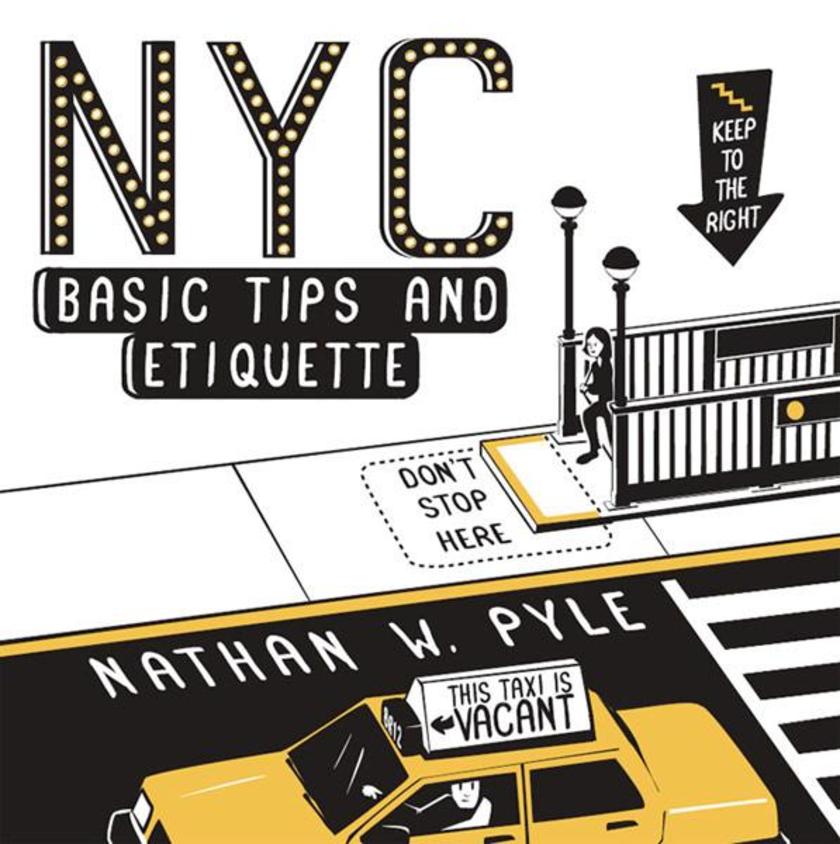
NYC Basic Tips and Etiquette
¥72.71
Living in New York City for five years as a transplant from Ohio, illustrator and T-shirt designer Nathan Pyle was fascinated by the unique habits and unspoken customs New Yorkers follow to make life bearable in a city with 8 million people (and seemingly twice the number of tourists). Nathan decided to draw his favorite tips and etiquette lessons and post them on the internet, where his 12 original panels went viral immediately and became the basis for this hilarious illustrated book (check out the fully animated ebook, too!).In NYC Basic Tips and Etiquette, Pyle reveals the secrets and unwritten rules for living in and visiting New York including the answers to such burning questions as, which cabs should I try to hailWhat is a bodegaWhich way is UptownWhy are there so many doors in the sidewalkHow do I walk on an escalatorDo we need to be touching right nowWhere should I inhale or exhale while passing sidewalk garbageHow long should I honk my hornIf New York were a game show, how would I winWhat happens when I stand in the bike laneWho should get the empty subway seatsHow do I stay safe during a trash tornadoEach tip is a little story illustrated in simple black and white drawings.Visitors and newcomers to New York will love it because the advice is smart, funny, and not condescending. New Yorkers will love it for its strategic and humorous approach to mastering the daily chaos of the city.




 购物车
购物车 个人中心
个人中心



